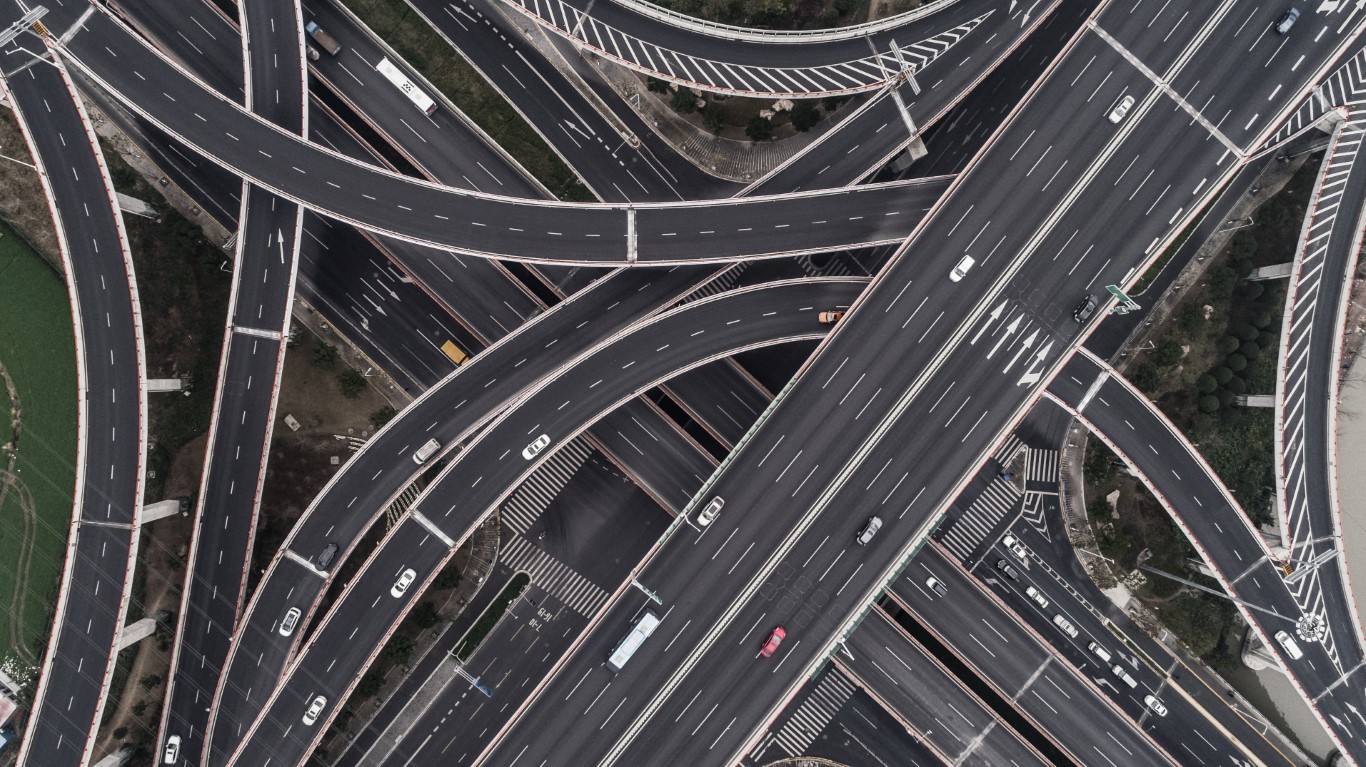
insight
Ministry of Finance (Kemenkeu) – Receiving something from someone is not always a positive gesture, especially when the gift is intended for someone holding a particular position. Such an act can lead to a form of corruption commonly known as gratification — a type of corruption that often goes unnoticed.
According to Law No. 31 of 1999 in conjunction with Law No. 20 of 2001 on the Eradication of Corruption, gratification refers to any gift in a broad sense, which includes money, goods, discounts, commissions, interest-free loans, travel tickets, accommodation facilities, tour packages, free medical treatment, and other benefits. These gratifications may be received either domestically or abroad, and may occur through electronic or non-electronic means. Receiving illegal gratification constitutes an act of corruption, even if it does not result in a direct loss to state finances.
Gratification is highly dangerous as it can tarnish the reputation of individuals, families, and institutions. Integrity is the main defense against it. Public officials are required to uphold integrity by refraining from requesting, giving, or receiving donations, gifts, or any other forms of benefit that can be classified as gratification related to their position and in violation of their duties or responsibilities.
In line with the importance of integrity, PPPK (Government Employees with Work Agreements) is committed to realizing clean governance, free from corruption, collusion, and nepotism, and actively promotes gratification control.
As part of this control effort, PPPK urges all stakeholders to reject any request for gratification and to refrain from giving any gratification to civil servants or state officials in relation to their official duties. Should any violations be discovered, service users are encouraged to report them via the Ministry of Finance’s Whistleblowing System (WiSe) at www.wise.kemenkeu.go.id.
For recipients of gratification, reports can be submitted to the Corruption Eradication Commission (KPK) through the 198 call center or via the website gol.kpk.go.id.
Writer: Haszazi | Editor: Agastyawan
Quoted from: https://pppk.kemenkeu.go.id
